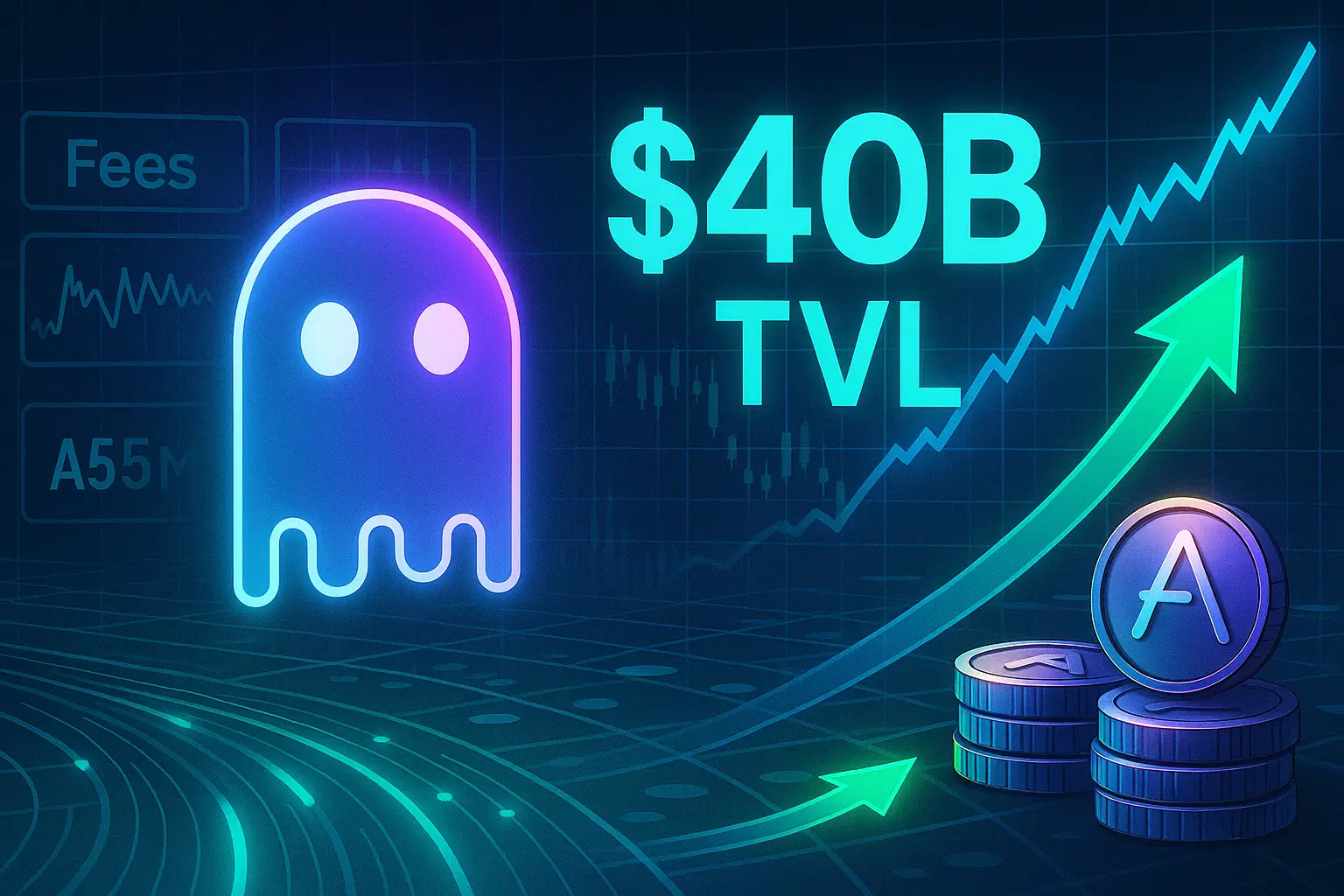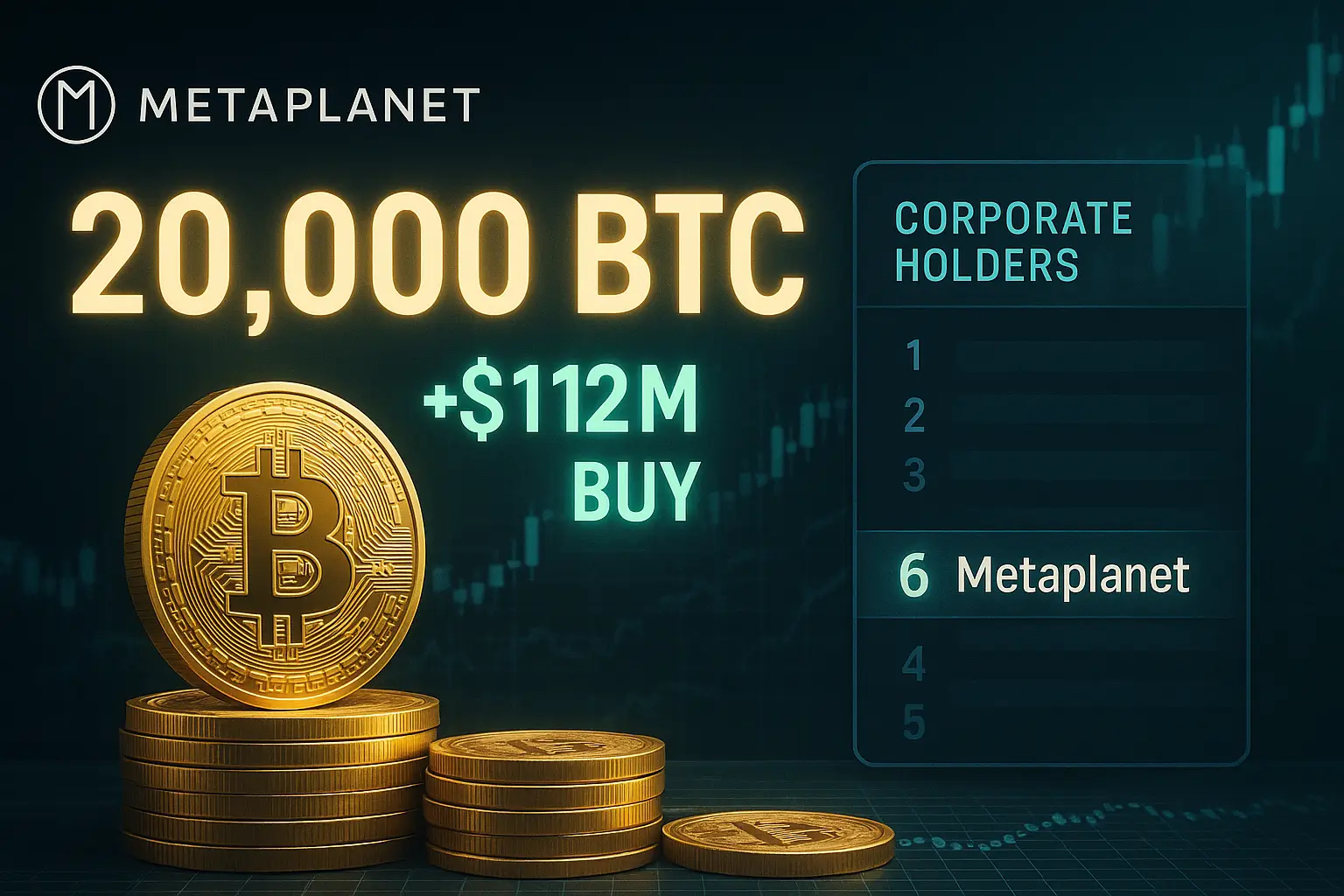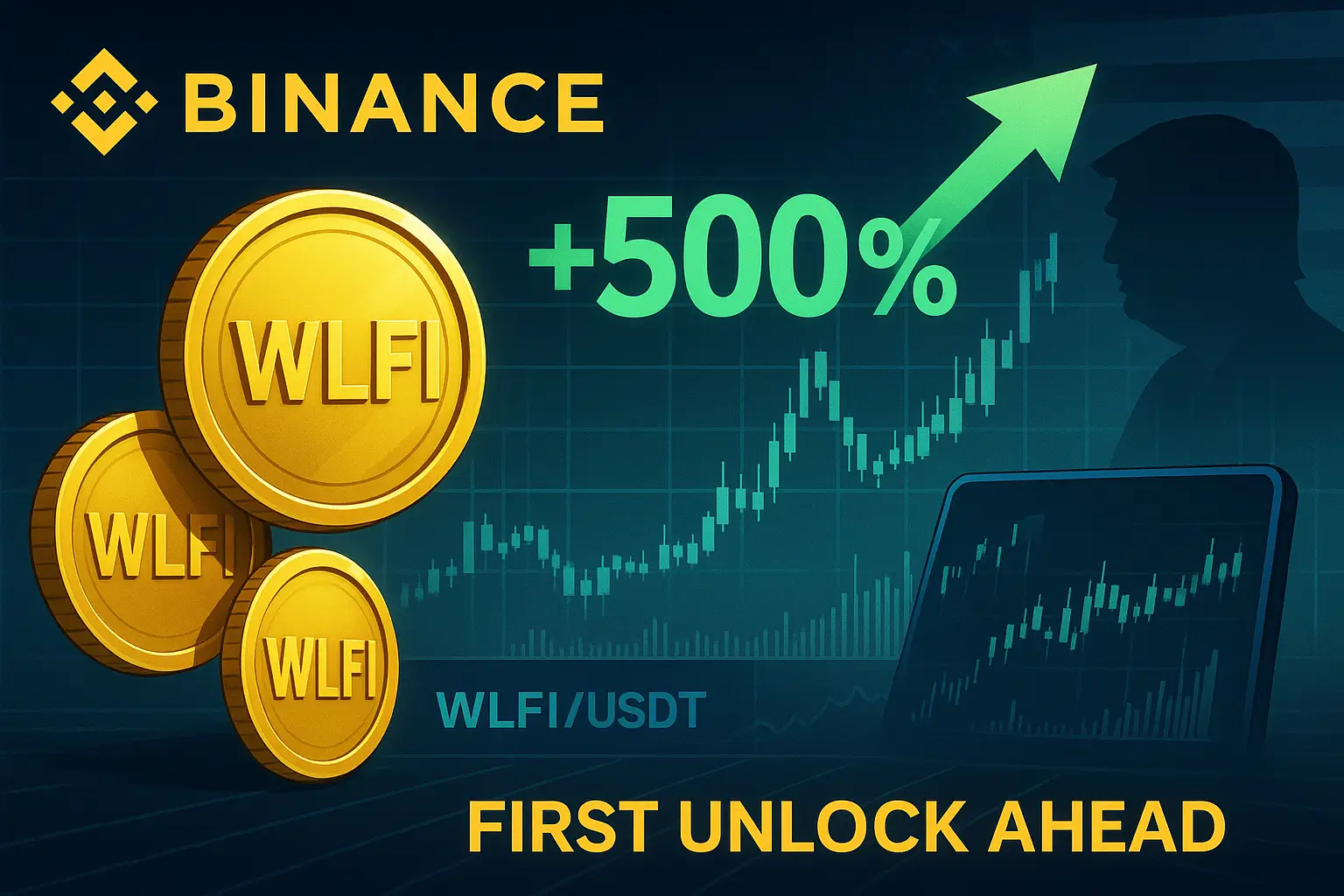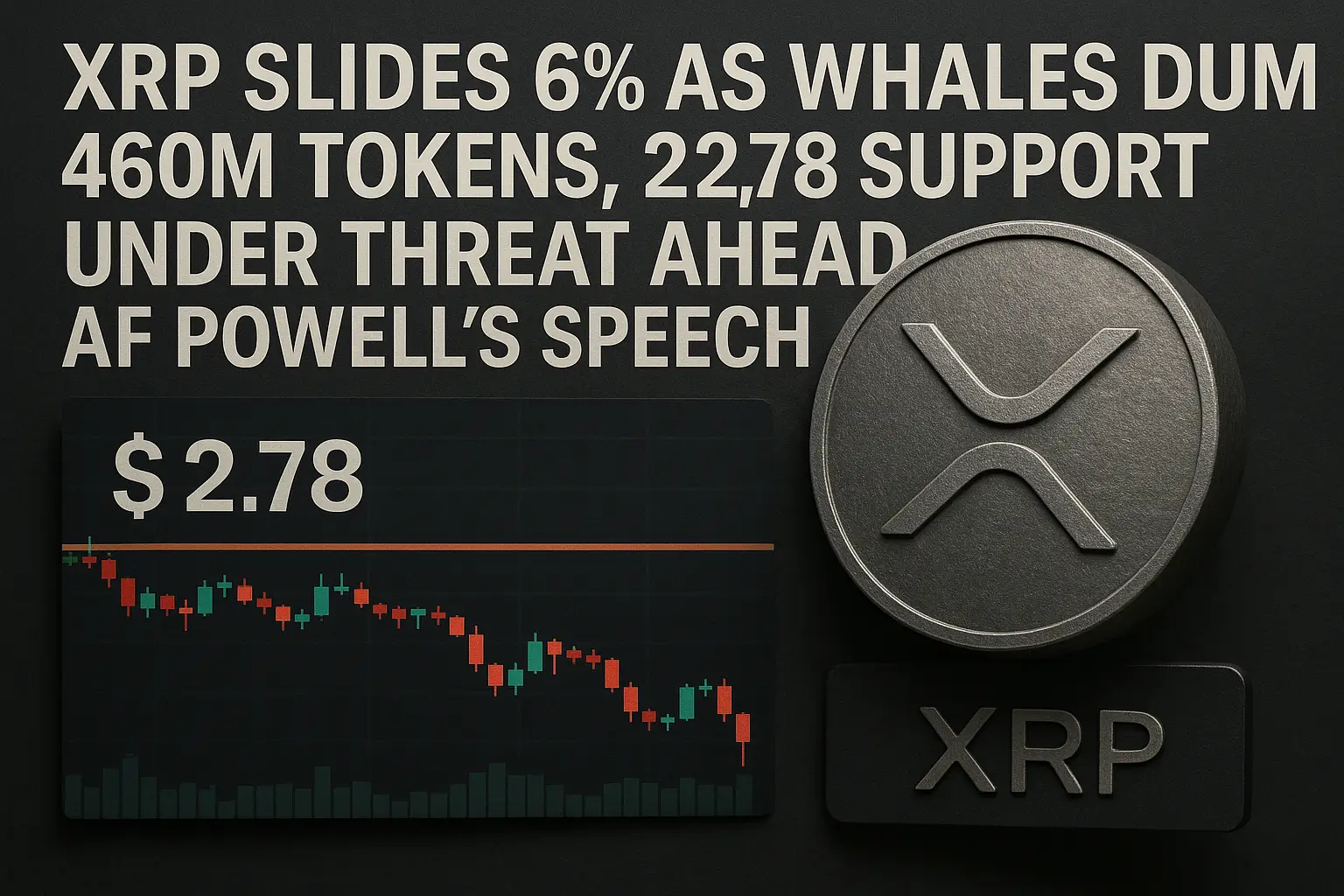Trump-linked DeFi project World Liberty Financial (WLFI) says it foiled attempted thefts targeting its token vesting “Lockbox” by on-chain blacklisting of compromised wallets, even as the token fell sharply after launch.
Key Takeaways:
- WLFI publicized blocking two hack attempts tied to user wallet compromises, not a smart contract flaw, using on-chain blacklisting.
- WLFI holders were warned by security researchers of being the main targets by phishing pattern related to Ethereum’s EIP-7702, users report token drains after accessing malicious delegate contracts.
- WLFI saw a noticeable drop in its token price, trading near $0.17 area, down approximately 22% on the day.
World Liberty Financial (WLFI), a DeFi token associated with a Trump-affiliated venture, launched earlier this week to outsized volumes and immediate volatility. After reaching a day-high above $0.33 on its first day of listing, the token has since retreated.
Yesterday, September 3, 2025, the team posted a thread in its official X (formerly Twitter), highlighting its executed “mass blacklisting” transactions to neutralize dozens of addresses identified as compromised, which it claims prevented two attempts to siphon tokens from its “lockbox” (vesting contract). WLFI emphasized the root cause was end-user key loss, not a vulnerability in WLFI’s contracts.
Security Experts Link Attacks to EIP-7702 Phishing Pattern
The security environment remains strained. Multiple on-chain reports like CoinDesk’s recent news describe that hackers are “exploiting a loophole” which is linked to Ethereum’s recent Pectra activation, where a malicious delegate contract embedded in a compromised crypto wallet can redirect WLFI transfers the moment victims move funds. CoinDesk, as well as other outlets also noted that increasing user complaints of wallet drains are aligned with this “classic 7702” exploit, stressing the need to audit wallet permissions and revoke suspicious delegations.
The project has also attempted to stabilize the market via supply actions, particularly token burn. On Tuesday, Sept. 2., Lookonchain noted this move on X, highlighting that it burned 47 million WLFI worth approximately $11.3M at the time, and floated using protocol fees for future buyback-and-burns.

Photo: WLFI’s 47 million token burn. Source: Lookonchain
WLFI Crashes Over 20% Amid Heavy Selling Pressure
As of this writing (9:45AM UTC), WLFI is trading near $0.177, down approximately 22% over the past 24 hours while fluctuating in the intraday range between $0.1719 and $2.303, which demonstrates a highly volatile trading session. 24-hour volumes remain elevated, ranging from $950 million to $1.6 billion depending on the data provider, and market cap hovers around $4.4 billion. These rapid drops and deep red candles hint at eroded confidence among traders and the enduring impact of security concerns tied to the token’s debut.
Outlook: WLFI’s Path Hinges on Security and Market Stability
Expect WLFI to remain headline-sensitive as the team balances security messaging, potential further burns, and market microstructure. A stabilization narrative likely hinges on fewer phishing incidents, clearer wallet-safety guidance, and consistent liquidity across crypto exchanges. Price-wise, watch whether oversold momentum (RSI) normalizes and whether volumes cool from launch-week extremes.
Summary
World Liberty Financial (WLFI) reported blocking $24.6B in attempted hacks against its vesting “lockbox” by blacklisting compromised wallets. The team stressed the incidents stemmed from end-user key compromises, not flaws in WLFI’s smart contracts. Security researchers tied the activity to EIP-7702 phishing exploits, where malicious delegate contracts drained user wallets. Despite mitigation efforts and a 47M WLFI burn (~$11.3M), the token dropped ~22% to ~$0.17 amid extreme volatility and heavy selling pressure. WLFI’s outlook depends on improved wallet-safety measures, reduced phishing incidents, and market stabilization.



























